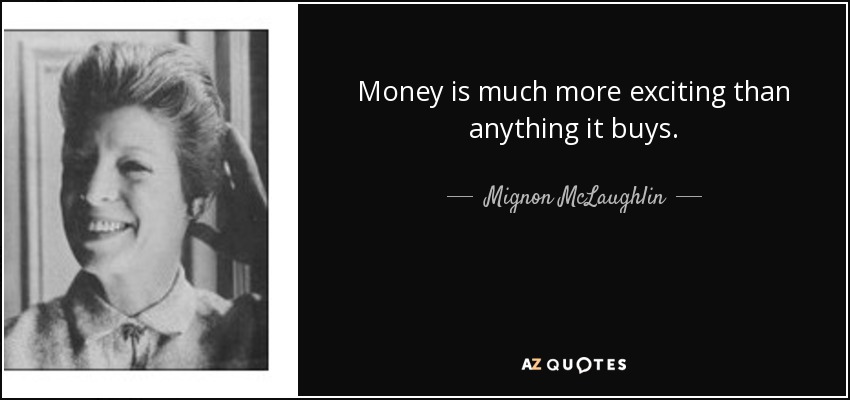audreyh1
Give me a museum and I'll fill it. (Picasso) Give me a forum ...
This is a matter of personal choice. Some folks choose to leave funds invested even if their portfolio has grown to be larger than they need to support their annual spending. The result of this is the portfolio will probably be larger when they pass, and if they have heirs that may be an important goal. Other folks choose not to do this for various reasons including perhaps not having next generation heirs, or preferring to gift excess funds while they are alive.I must fall in a different outlying group. My thinking is, if you have more than what you "need", then why not keep the remainder of the chips on the table? Time in the market will overweigh the ebb and flow of bear and bull markets. What have we got to lose? Helping my DS's and their families was never a plan while accumulating. DW and I always adhered to the "We are spending our children's inheritance" bumper sticker philosophy. But now that we are here, and may have a bit more that we "need", we feel it would be nice to leave them something. History has shown that time in the market is the best way to grow it. And hopefully we have 20-30 yrs for it to grow before they will get it. Even if we lose it all, we will still have enough to cover our retirement.
It's just like thinking about a high net worth, say >$10M. For some folks, they would just put it all in municipal bonds and live off the tax free interest and never think about markets again. Other folks would feel like with so much they can afford to take greater risks with the money and invest more aggressively than they might otherwise. It comes down to personalities and preferences.




